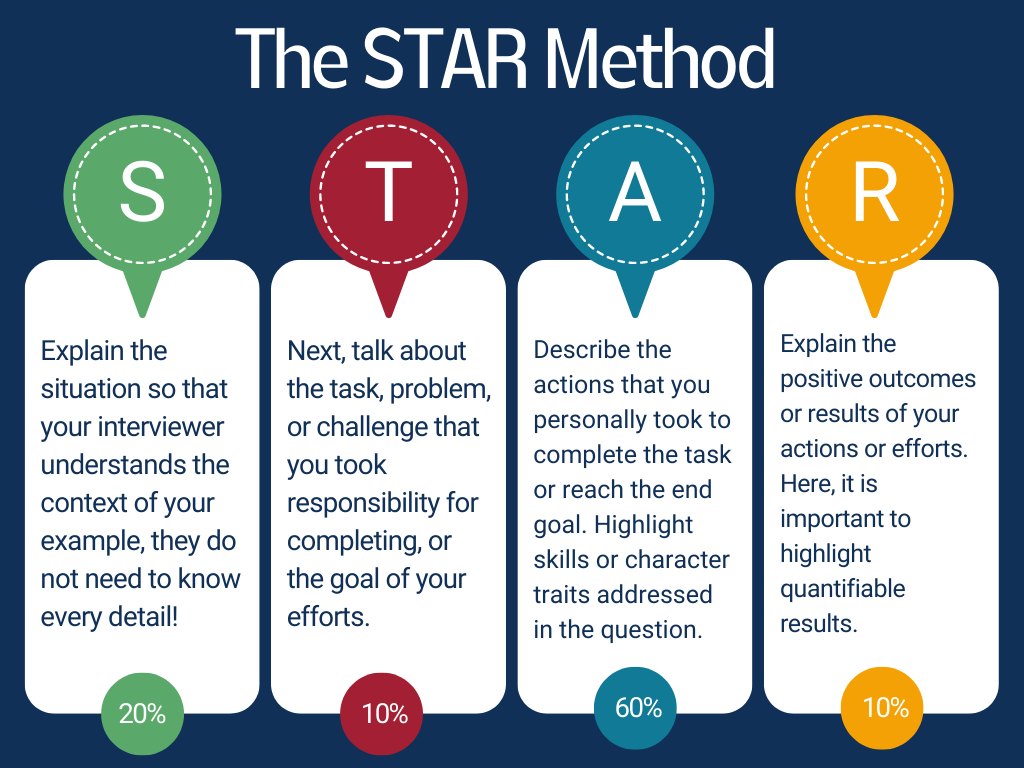Conducting a successful job interview is a critical step in the hiring process. It allows employers to evaluate a candidate’s qualifications, skills, and cultural fit for the organization. Asking the right questions during interviews not only helps in identifying the best candidate but also ensures that the hiring decision aligns with the company’s goals. Below are some top questions to consider asking candidates during interviews, categorized to provide a comprehensive understanding of their suitability for the role.

Successful job interview involves more than just reviewing resumes or asking standard questions. It’s an opportunity to gain deeper insights into a candidate’s skills, personality, and fit for the role and your company culture. Asking the right questions can help you make well-informed hiring decisions. Here are five essential questions to ask candidates during interviews and why they matter.
1. Can You Tell Us About Yourself and Your Professional Journey So Far?
- Why It’s Important: This open-ended question gives candidates the chance to highlight their key achievements, experiences, and motivations. It sets the tone for the interview and helps you understand their professional narrative.
- What to Look For: Pay attention to how they frame their experiences, their communication skills, and their ability to align their background with the role they’re applying for.
2. What Attracted You to This Role and Our Company?
- Why It’s Important: Understanding a candidate’s motivation for applying can reveal their knowledge of your company and whether their values align with your mission.
- What to Look For: Look for genuine enthusiasm, evidence of research into your company, and alignment between the candidate’s career goals and the role.
3. Can You Share an Example of a Challenging Situation at Work and How You Overcame It?
- Why It’s Important: This question assesses problem-solving skills, resilience, and how candidates handle pressure or conflict in a professional setting.
- What to Look For: Focus on the STAR method (Situation, Task, Action, Result) to see how effectively the candidate articulates their approach to challenges and what outcomes they achieved.

4. How Do You Prioritize and Manage Multiple Tasks or Deadlines?
- Why It’s Important: Time management and organizational skills are critical in many roles, and this question helps you evaluate how candidates handle competing priorities.
- What to Look For: Look for structured approaches, tools, or techniques they use, such as setting priorities, delegating tasks, or leveraging technology.
5. Where Do You See Yourself in Five Years, and How Does This Role Fit Into That Vision?
- Why It’s Important: This question provides insights into a candidate’s career aspirations and how they view the role as part of their growth journey.

- What to Look For: Seek candidates who have a clear vision for their career and see your company as a partner in achieving their goals, demonstrating commitment and long-term potential.
Bonus Tip: Tailor Questions to Your Role and Industry
While these questions provide a strong foundation, consider adding role-specific or company-specific questions to evaluate technical skills, cultural fit, or industry knowledge.
Effective interviewing is about more than just finding out who a candidate is—it’s about uncovering whether they’re the right fit for your team and your organization’s future. Asking thoughtful, open-ended questions like these can help you gain meaningful insights and make confident hiring decisions.
With tools like Kirtual’s hiring platform, you can not only attract top talent but also streamline the interview process with resources that ensure you’re asking the right questions and hiring the best candidates.
Asking the right questions during interviews is a powerful way to uncover a candidate’s potential and fit for your organization. By focusing on background, skills, behavior, cultural fit, and reflective insights, you can make informed hiring decisions contributing to long-term success. Tailor your questions to the specific role and keep the conversation engaging to foster a positive candidate experience.





